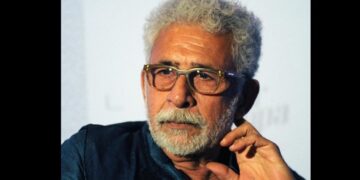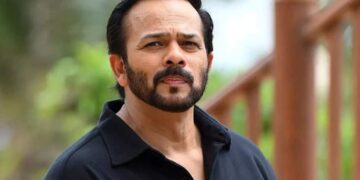Kohima: The National Commission for Protection of Child Rights (NCPCR) has begun using artificial intelligence to track and prevent the circulation of online child sexual abuse material, marking a major step forward in strengthening digital safety for children, officials said on Thursday.
At a state-level conference on the implementation of key child-rights legislations, NCPCR senior consultant K. P. J. Gerald said integrating AI into the child protection system represents a “significant leap” in safeguarding children in an increasingly digital world.
Gerald stressed that every child-rights case reflects a real child’s struggle and urged officials, teachers, parents and citizens to work collectively to ensure that legal protections translate into real-world safety.
He also recalled the Commission’s mandate under the CPCR Act, 2005, and the UN Convention on the Rights of the Child, noting that all policies must uphold these principles.
Highlighting recent progress, he said coordinated efforts from state and district authorities over the past six months helped NCPCR resolve nearly 26,000 complaints, rescue more than 2,300 children from trafficking and other high-risk situations, and repatriate over 1,000 children to Child Care Institutions in their home districts.
He also noted that the Commission’s “Sugar Board” advisory promoting healthy lifestyle values has been adopted by 14 states, covering almost six lakh schools, and was mentioned by Prime Minister Narendra Modi in his Mann Ki Baat programme.
Gerald outlined the Commission’s priorities for the coming months, including strengthening mental-health support for children, expanding AI-based monitoring of online threats, integrating its 16 digital portals under a unified platform, improving data systems for complaint management, and ensuring stronger implementation of the Juvenile Justice Act, 2015, and the POCSO Act, 2012.
ALSO READ: Sikkim steps up weather surveillance with statewide check of 67 stations
Commissioner and Secretary for School Education and SCERT Nagaland, Kevileno Angami, emphasized the need for child rights to move from legislation to meaningful action.
She said that while India clearly defines 10 fundamental rights for children, the challenge lies in ensuring these rights are upheld in classrooms, homes and communities.
She stressed that child protection cannot rest with the government alone, urging parents, communities, teachers and local institutions to actively participate.
NSCPCR Chairperson Alun Hangsing cautioned that rapid technological advances influence children both positively and negatively, placing greater responsibility on educators—whom she described as “nation builders”—to instill values, ethics and social awareness.















